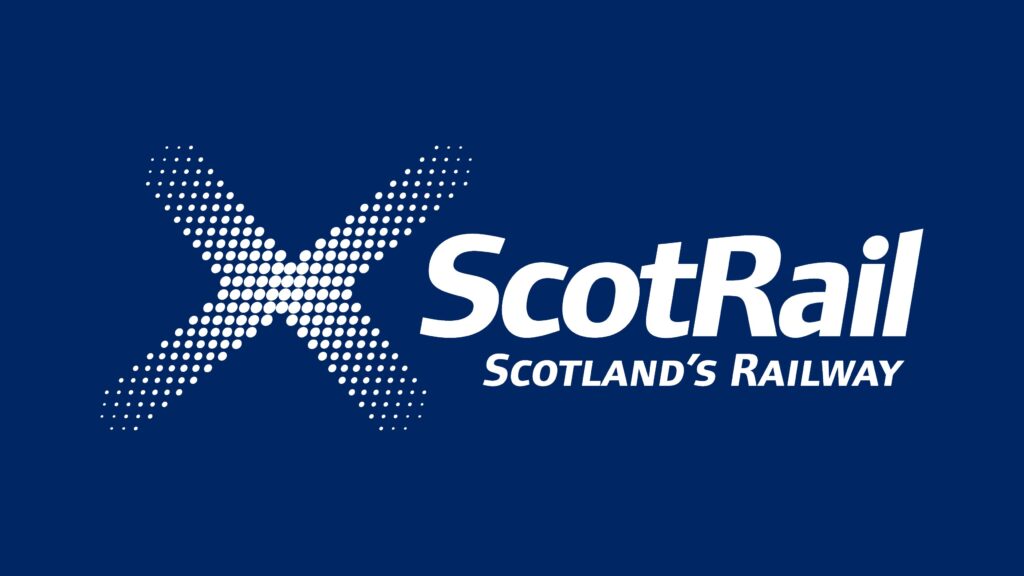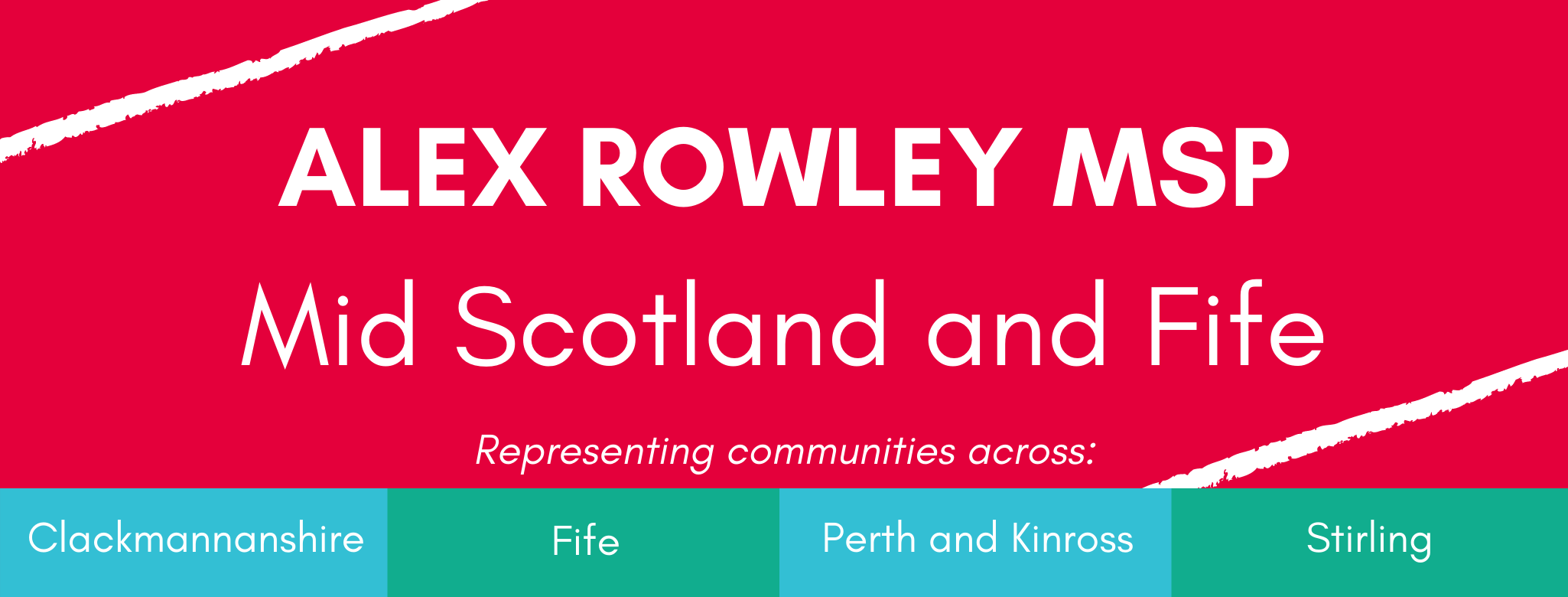I urged the Cabinet Secretary for Transport, Fiona Hyslop MSP, to make the suspension of peak fares on Scotrail services permanent as it is simply a tax on workers.
I raised the issue in a question in the Scottish Parliament, saying the Scottish Government’s decision to suspend peak fares was “absolutely correct” and called for all parties to work together for “what is a good policy” and to push for a decision to “continue that policy indefinitely”.
There are concerns that the Scottish Government may be looking to reinstate peak fares at the end of the current pilot period, which has recently been extended until 28th June 2024.
Recent advertising of the scheme appears to stress the end date, encouraging rail users to get the benefit of the pilot before it is too late.
The decision to pilot the suspension of peak fares, a suggestion first proposed by rail trade unions, is intended to encourage more people to choose travelling by rail over travelling by car by making rail travel more affordable, particularly during regular commuting hours for workers.
I have been very clear that I absolutely welcome the Scottish Government’s decision to pilot suspending peak fares and believe we need bold decisions like this if we are to encourage more people to use public transport for their daily commutes.
It has been well received by workers that I have spoken to who have welcomed it during a time of particular financial hardship.
We should be doing everything we can to make rail travel as accessible and affordable as possible if we are serious about reducing car kilometres and getting more people using public transport which is why I believe peak fares should remain suspended indefinitely.
I have offered to work with the Cabinet Secretary for Transport to ensure this pilot is a success so that this can be introduced on a permanent basis and encourage all parties in the Scottish Parliament to do the same.
Transcript of exchange – 8February 2024 – Portfolio Questions: Transport, Net Zero and Just Transition
ScotRail (Peak Fares Removal Pilot)
7. Alex Rowley (Mid Scotland and Fife) (Lab)
To ask the Scottish Government what criteria it plans to use to assess how successful the ScotRail peak fares removal pilot has been. (S6O-03076)
The Minister for Transport (Fiona Hyslop)
The ScotRail peak fares removal pilot has been extended to 28 June 2024. An interim evaluation is under way to examine the impacts on rail travel patterns and other modes, as well as a formal value for money assessment.
A final evaluation will be undertaken at the end of the pilot, and the Scottish Government will carefully consider the impact and long-term sustainability of that pilot with reference to three main strands: a multimodal evaluation of current travel patterns and the impact during and potentially after the pilot; evaluation of the impact on rail travel patterns before and during the pilot; and a value for money assessment of the pilot.
The decision to remove what was, in effect, a tax on workers was absolutely correct. It has been received really well—certainly, the workers I speak to who are struggling with real difficulty at this time have welcomed it.
I welcome what the minister said. Will she ensure that she comes back to the Parliament on that? I believe that all parties should work together for what is a good policy and that we should get a decision to continue that policy indefinitely—certainly before we reach 28 June.
I agree with Alex Rowley that we have to look at the context of the peak fare removal within the wider issue of how we support more people to travel by public transport. However, as I have said, we need to have a robust assessment, and I am quite happy to share that with members across parties.
Alex Rowley is also correct in identifying what the pilot means for people during a cost of living crisis. Those who travel the line from Cowdenbeath to Edinburgh three times a week, from October at the start of the pilot to June at its end, will have saved £680; those who travel five times a week will have saved £1,134. There have been savings for many workers in Cowdenbeath, in Fife and across Scotland.
Yes, the evaluation has to measure value for money, but it must also measure whether we can get a modal shift so that people consistently use our railway system.






